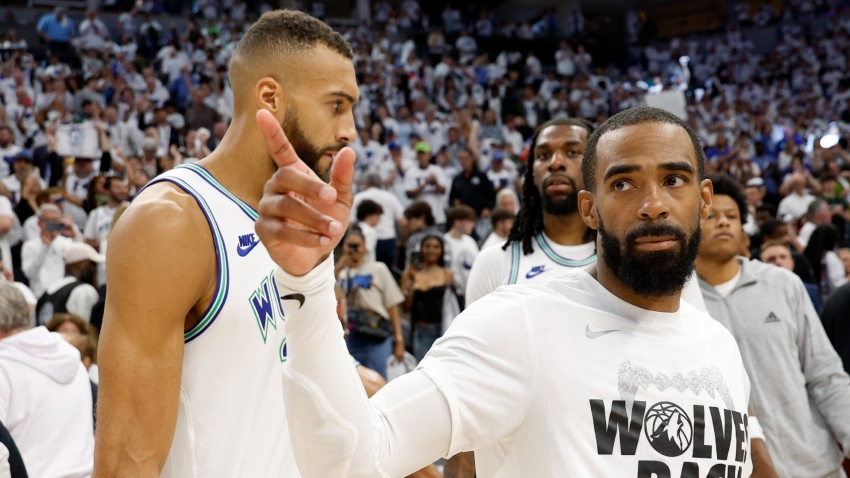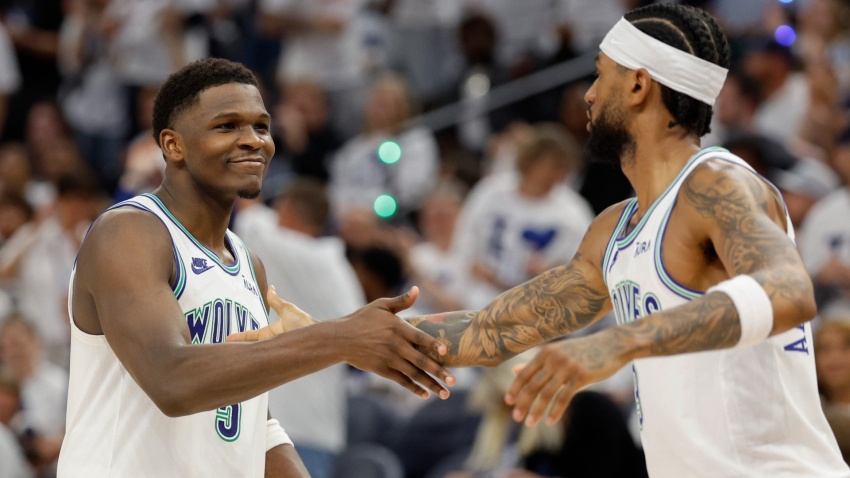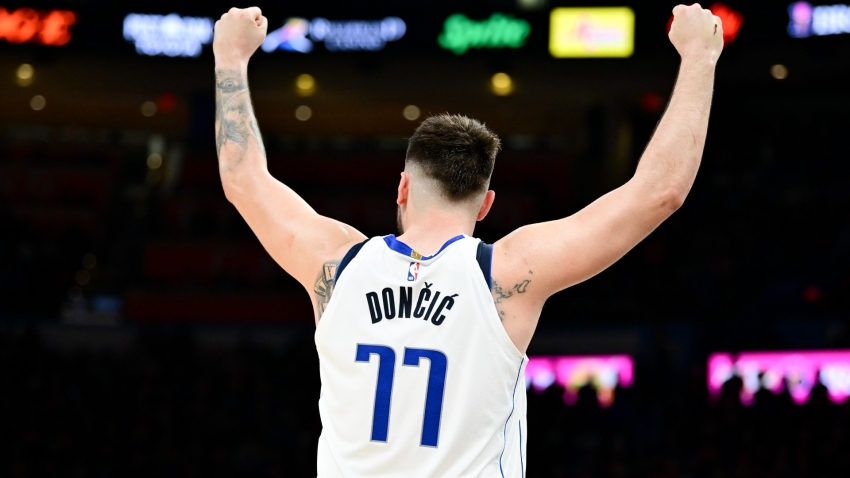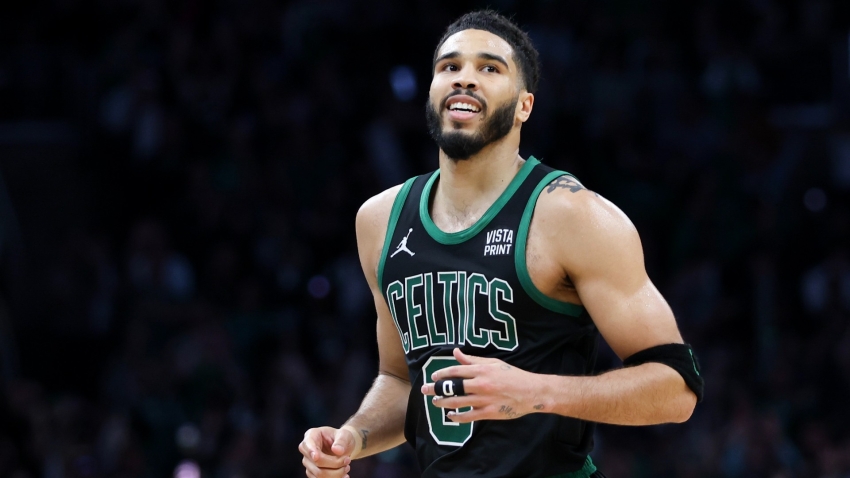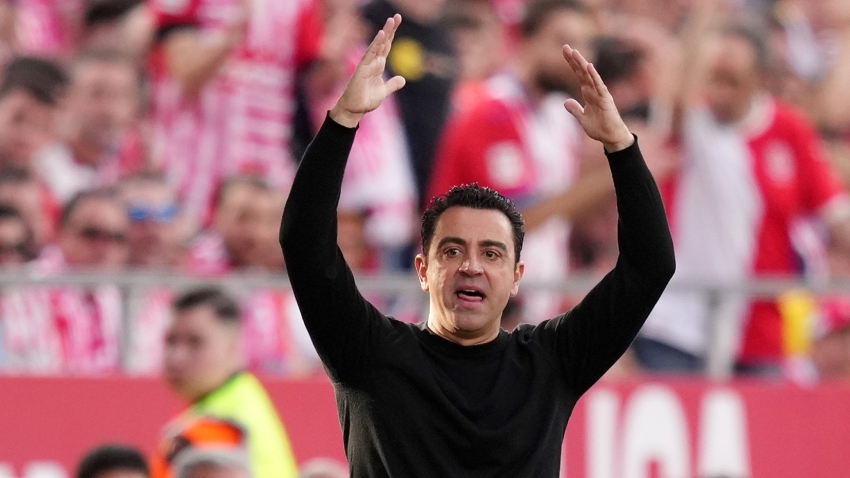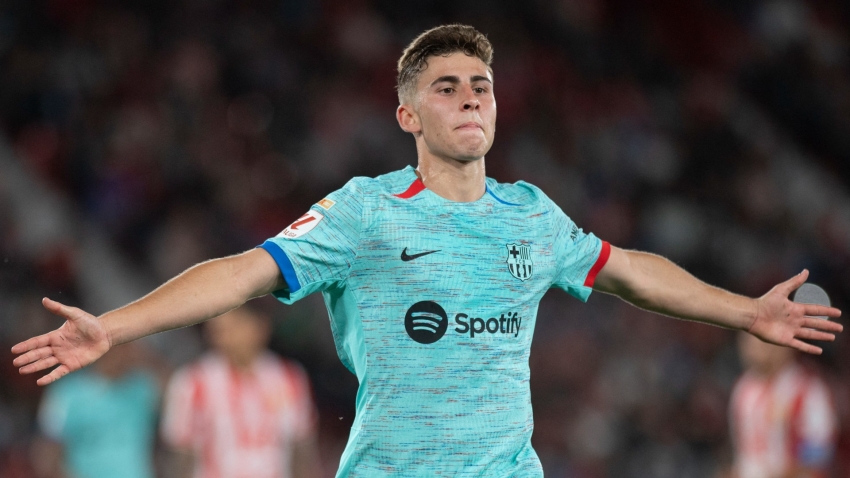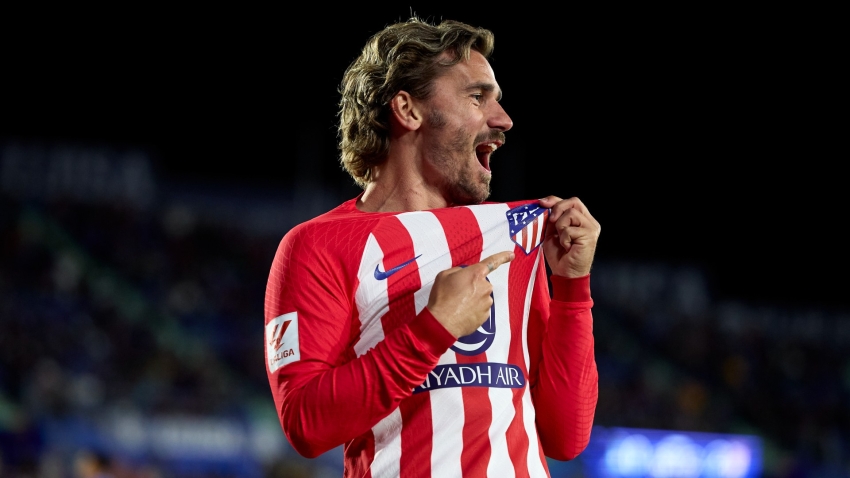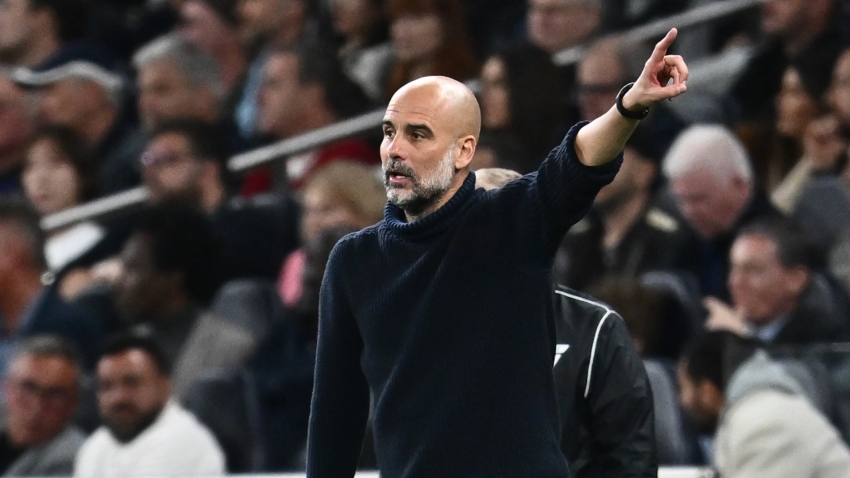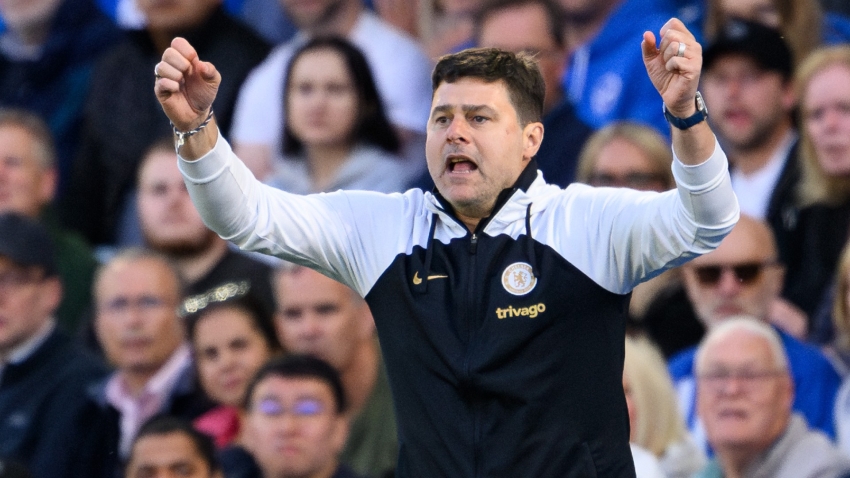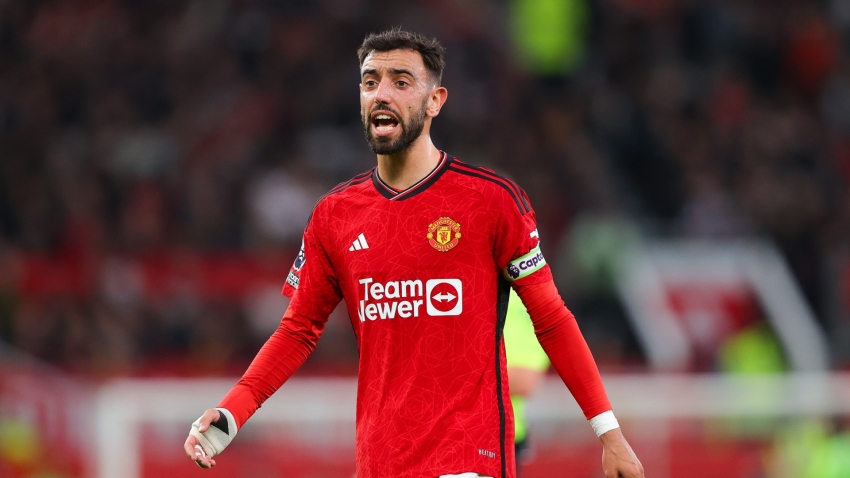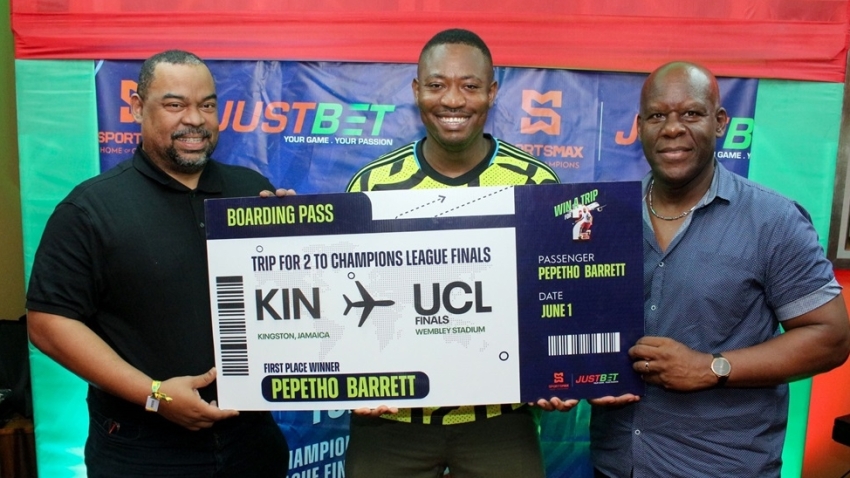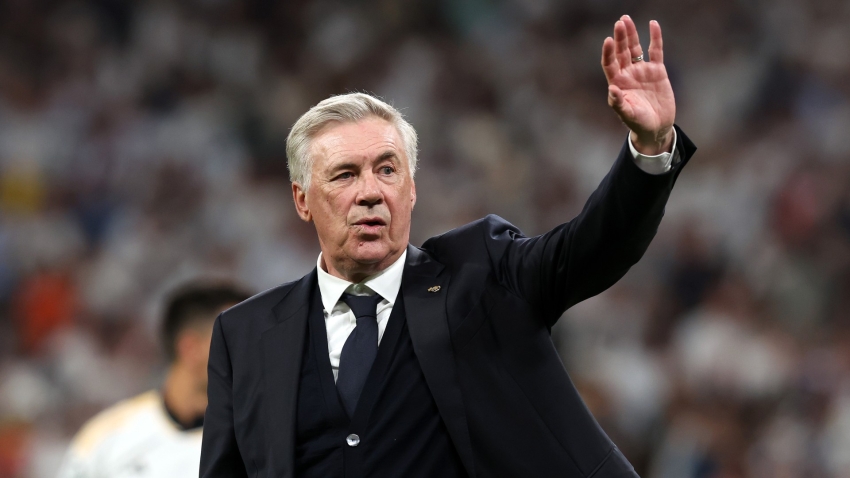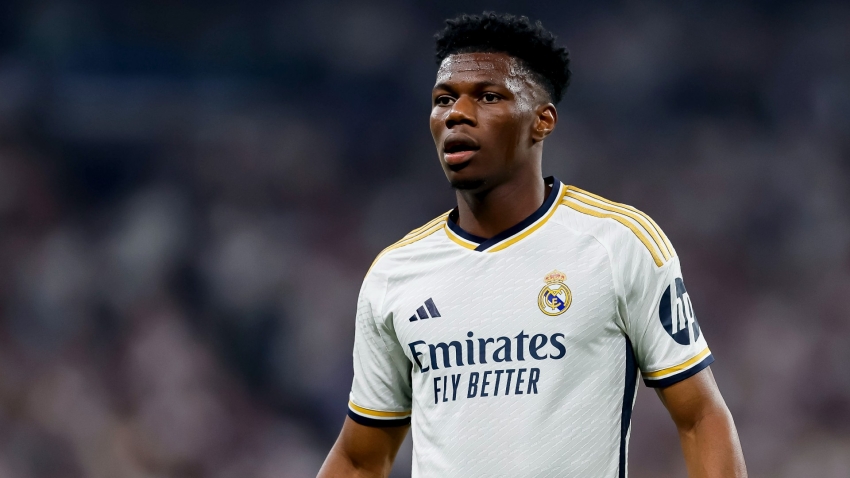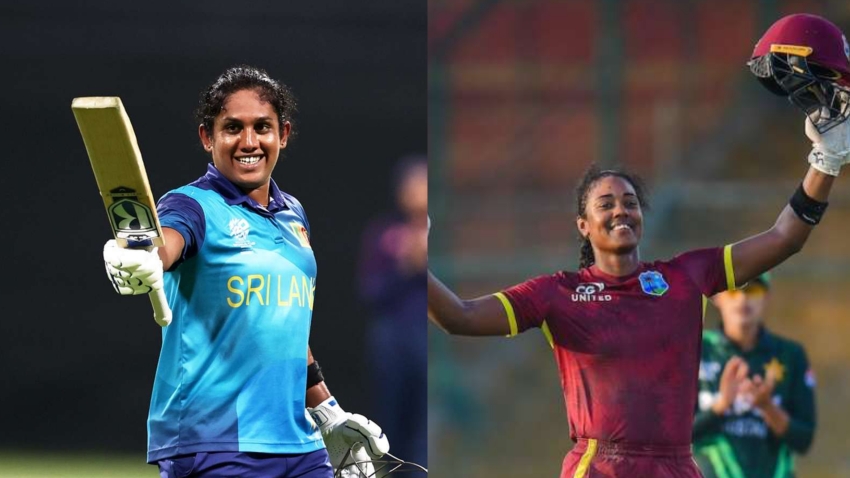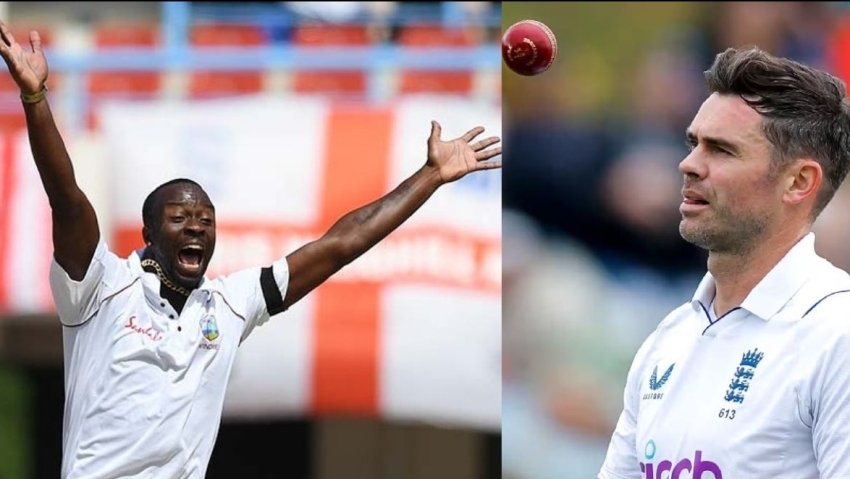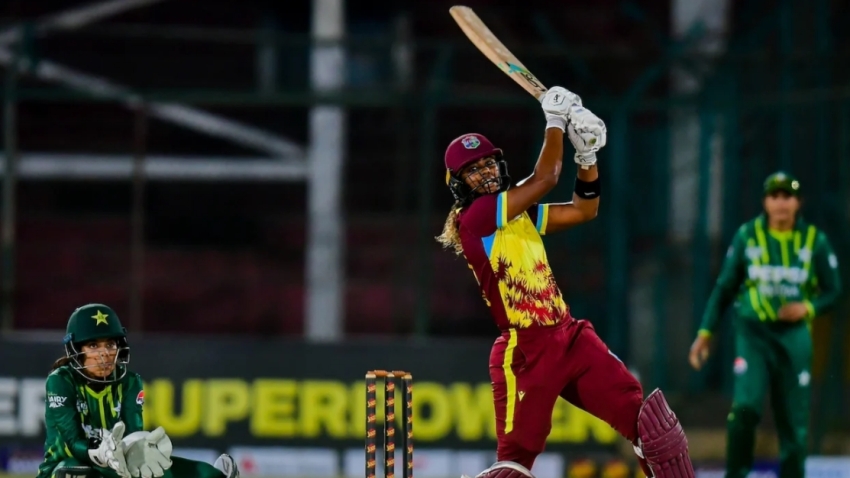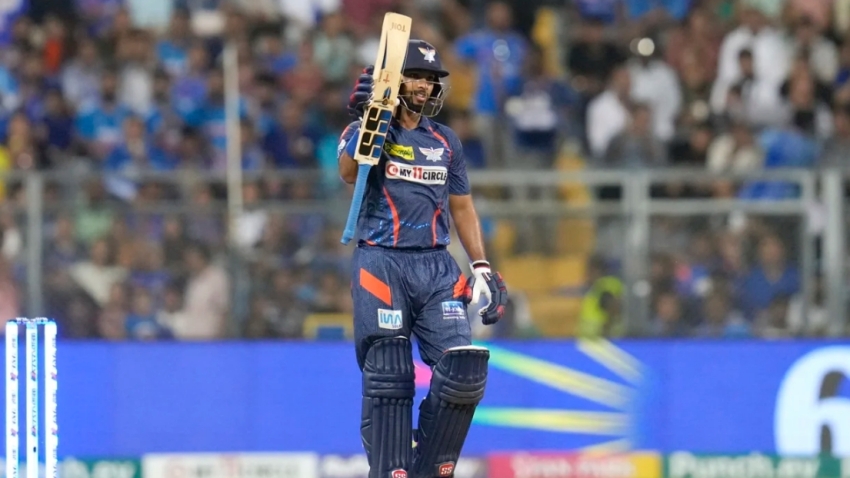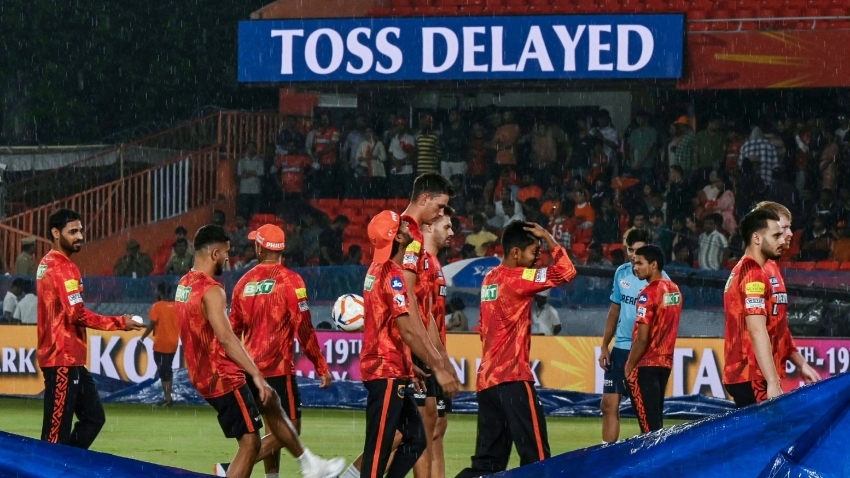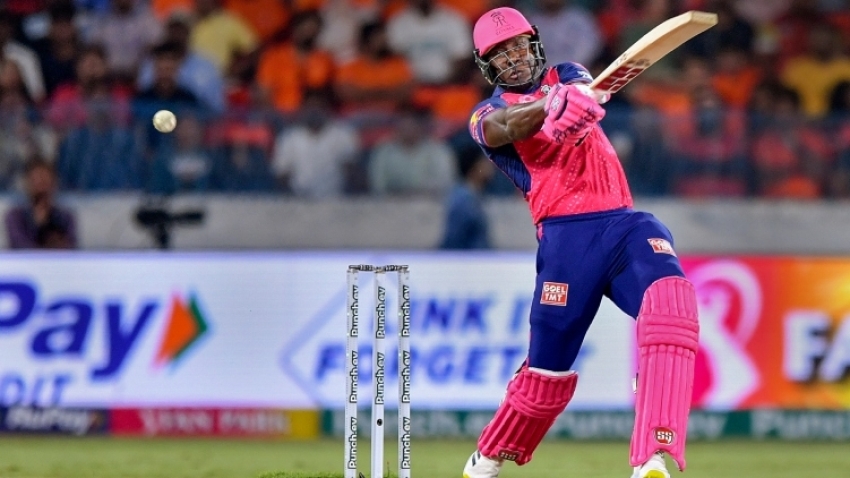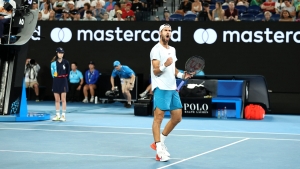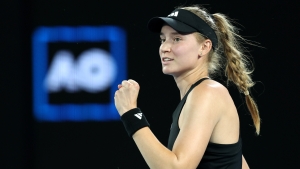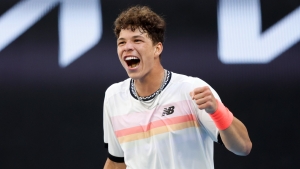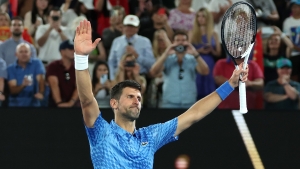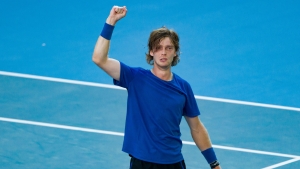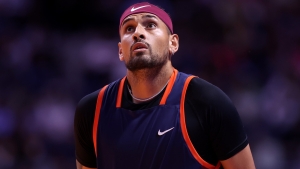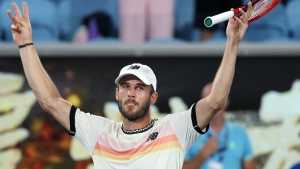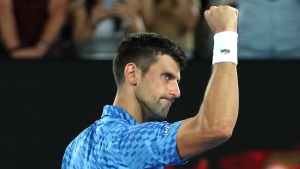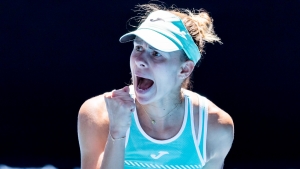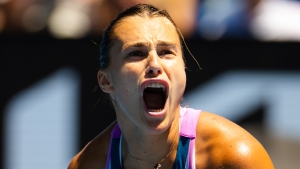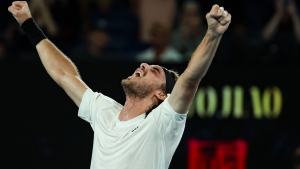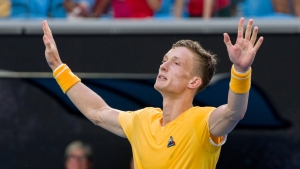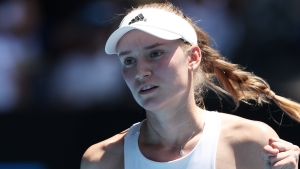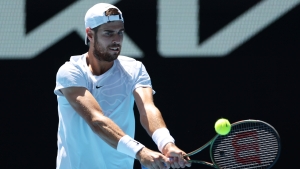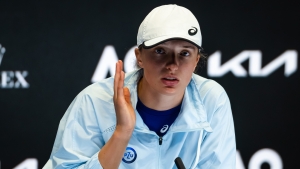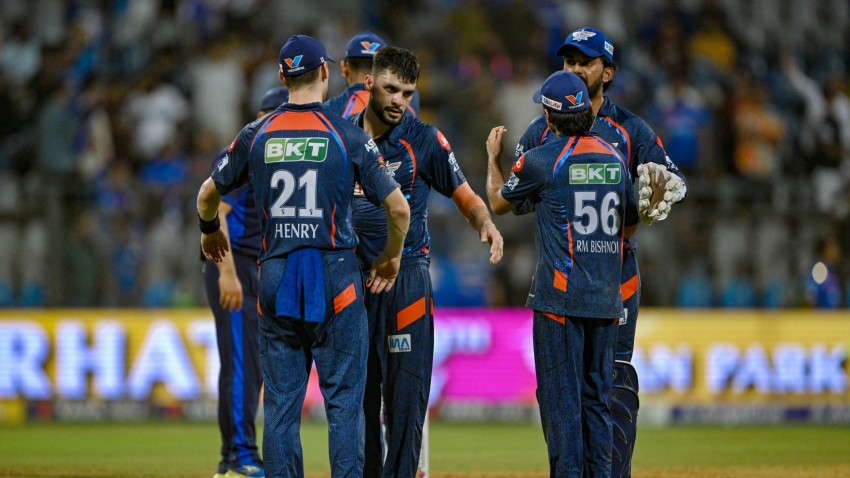Andrey Rublev suggested he had given up hope at 5-0 down in the deciding tie-break against Holger Rune.
Rublev prevailed 6-3 3-6 6-3 4-6 7-6 (11-9) in a three-and-a-half-hour thriller against the Dane on Monday to progress to the quarter-finals of the Australian Open.
The Russian salvaged two match points to force a tie-break at the end of the fifth set, but found himself staring down the barrel of an exit from the season's first major as Rune cruised into a commanding lead.
Yet Rublev won nine of the next 11 points and, at the third attempt, sealed a remarkable victory when a shot that hit the net cord trickled just over.
"Yes, I was lucky," Rublev said in his post-match press conference.
"I started to think it's over, for sure. Somehow... I was able to start to play with much more focus."
Asked how he maintained his self-belief, Rublev quipped: "I was not believing."
"Beginning of the fifth set, I was completely frozen. Inside I was thinking that I cannot [win]. I cannot move. I cannot hit.
"I was thinking it's over. He's playing much better than me. He deserves to win. He's going for the shots. He's doing something that normally I am supposed to do if I want to win the match.
"I let it go. Somehow the stress that I had, I was able to relieve it. At the end of the match I played much better than during the rest of the match."
During his on-court interview, Rublev said: "I was never able to win matches like this, this is the first time I've won something like this.
"At a very special tournament, to be in a quarter-final, it's something I'll remember all my life. I'm shaking!"
Rublev has qualified for his second Australian Open quarter-final, and his seventh at a grand slam. However, he has lost all of those matches.
The world number six, seeded fifth in Melbourne, has won three successive matches that have gone the distance, a career-first. Now, he will meet nine-time champion Novak Djokovic, who defeated Alex de Minaur in straight sets.
"I don't know," Rublev replied when asked if Djokovic was unbeatable.
"Novak is very tough player to beat, especially in the slams.
"He has the best experience to win these matches. He's one of the best in history. The only chance I have is if I play my best tennis, just fight for every ball, and that's it. That's the only chance."


